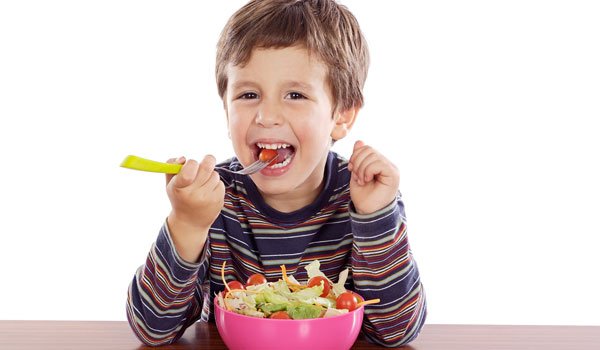Nutritional Care For Kids
Promoting children's health is an important aspect of quality child care. Some child care services provide all or most of children's meals while they are in care, while others may only supply snacks, or require families to provide all of their child's food. Regardless of whether or not food is provided, your child care service has a responsibility to promote good nutrition for your child while they are in care, and they should provide your family with current information about healthy eating.
Why is nutrition important for my child?
It is important for both services and families to supply children in care with food that meets their nutritional needs. By providing children with the nutrients that their bodies need to grow, they are able to develop and reach their physical and mental potential. Alternatively, poor food choices and unhealthy eating habits adopted during childhood can lead to a range of diseases and health related problems in later life.
How can my child's nutritional needs be met?
The National Health and Medical Research Council of Australia (NHMRC) recommends that children and adolescents maintain a varied diet which includes the five main food groups. According to the NHMRC, children and adolescents need to be encouraged to eat plenty of:
• vegetables, fruit and legumes; and
• cereals (including breads, rice, pasta and noodles) preferably wholegrain.
The NHMRC also states that a healthy diet includes:
• lean meat, fish, poultry;
• milks, yoghurts, cheeses; and
• limited servings of saturated fats, margarine, butter and oils.
The balance of these food groups, in combination with recommended daily serving suggestions, is essential for maintaining children's health and wellbeing. The NHMRC also advises that children be encouraged to drink plenty of water throughout the day and to choose water as a preferred drink or refreshment.
Children also need to be offered healthy snacks throughout the day to help maintain their energy levels. Snacks should be nutritious, and should vary in colour, texture and flavour to make them more appetizing to children.
Because children may be in child care for a large proportion of their day, they will consume much of their daily food intake while in the service. This is why promoting children's healthy eating is important, particularly where children attend care several days per week. Even when they do not supply children's meals and/or snacks, child care professionals can use their knowledge of healthy eating for children to support families to provide appropriate food and drinks for children in care.
How can my child be encouraged to gain an understanding of healthy food?
Child care professionals play an important role in supporting children to develop a healthy and positive attitude toward good food choices. They do this through strategies and activities such as:
• Involving children in creating a healthy menu. Even younger children and toddlers can begin to talk about 'healthy' and 'not so healthy' food choices.
• Providing children with opportunities to eat food and engage in the mealtime routines of different cultures.
• Talking with children throughout mealtimes about nutritional food. Child care professionals should also model healthy eating practices for children.
• Making sure that mealtimes are pleasant occasions, where children and child care professionals can socialise amongst each other.
• Allowing children to exercise their independence and to make some choices during mealtimes.


